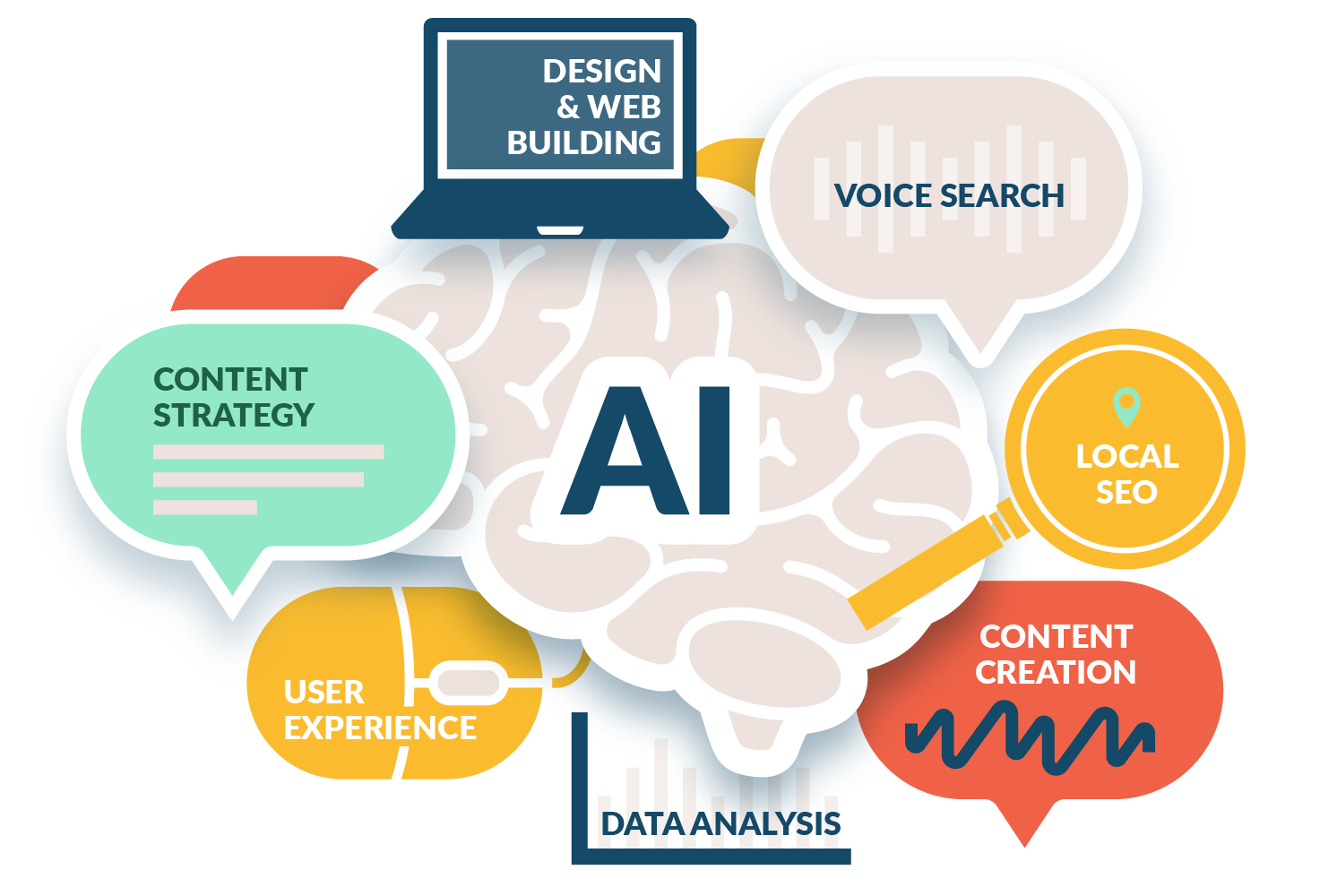AI personalization significantly transforms SEO and user search behavior by tailoring search results and content to individual user preferences, which impacts how content is created, ranked, and engaged with.
AI-driven personalization uses machine learning, behavior analysis, and natural language processing to customize search results based on factors like location, search history, device, and user preferences. This means that no two users necessarily see the same search engine results page (SERP) for identical queries, shifting SEO focus from universal keyword ranking to satisfying diverse user intents and delivering highly relevant, authoritative content.
Key effects on SEO and user behavior include:
-
Improved User Engagement: Personalized experiences increase dwell time, reduce bounce rates, and encourage repeat visits, which are positive signals for search engines and can indirectly boost rankings.
-
Shift in Content Strategy: SEO must now emphasize E-E-A-T (Experience, Expertise, Authoritativeness, Trustworthiness), semantic relevance, long-tail keywords, and conversational SEO to align with AI’s understanding of user intent and natural language queries.
-
Dynamic and Structured Content: Creating schema-enriched, fast-loading, mobile-optimized content that AI can easily interpret is critical. AI-generated summaries and direct answers in SERPs require content to be informationally dense and visually appealing to stand out.
-
SEO Challenges: Personalization can introduce risks such as duplicate content from multiple page variations, slower page speeds due to dynamic elements, and potential cloaking issues if content differs between users and search engines, which can harm rankings.
-
Changing User Search Behavior: AI anticipates user needs and provides immediate answers, reducing time spent on traditional query searches and increasing reliance on AI-driven conversational interfaces and recommendations.
-
Enhanced SEO Tools and Automation: AI automates technical SEO audits (speed, schema, mobile usability), competitor analysis, keyword research, and predictive analytics, enabling more efficient optimization aligned with AI-driven search algorithms.
In summary, AI personalization demands that SEO strategies evolve from keyword-centric approaches to user-centric, intent-driven, and technically optimized content creation, while also adapting to new user behaviors shaped by AI’s proactive and conversational search capabilities.





